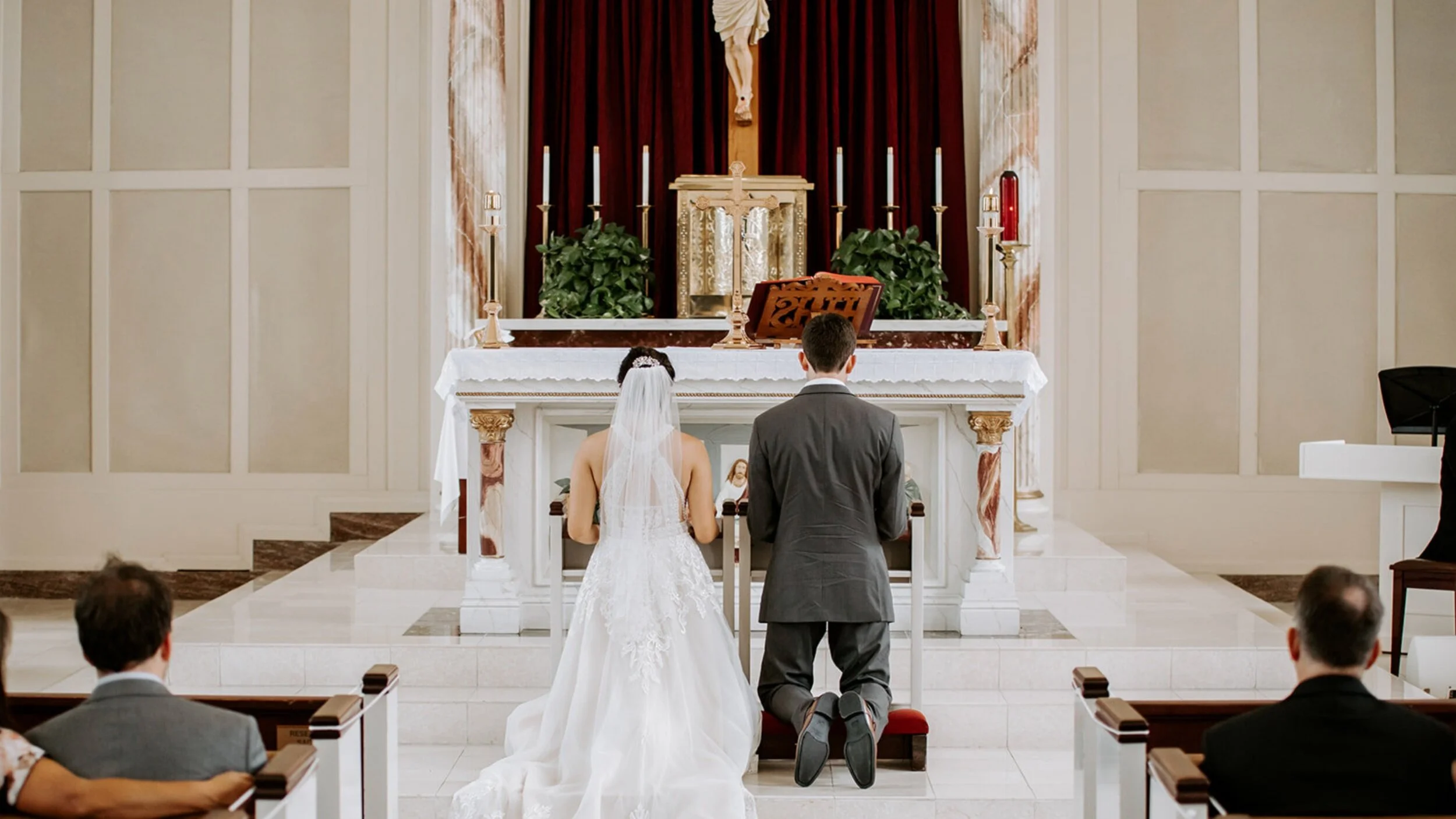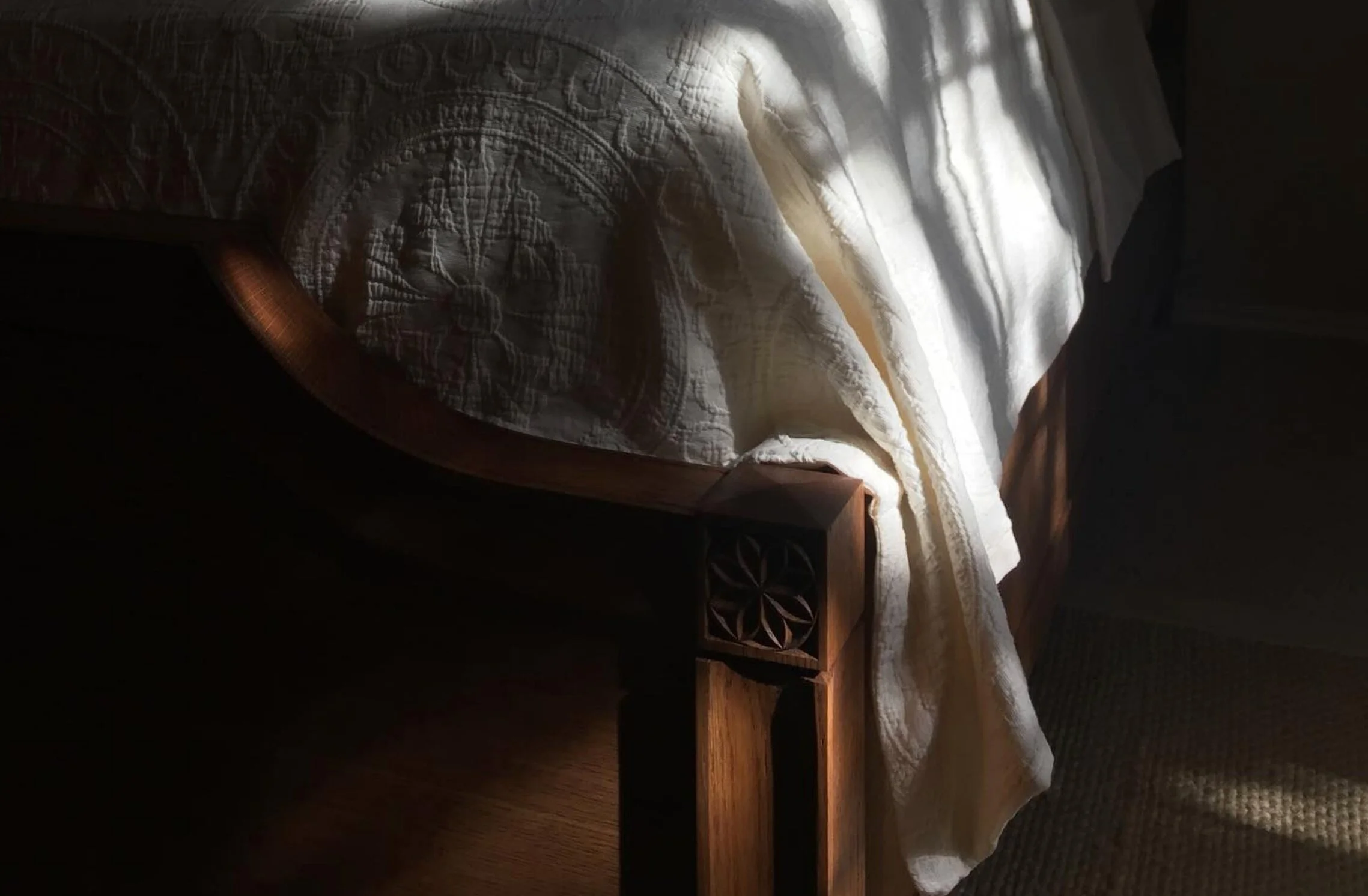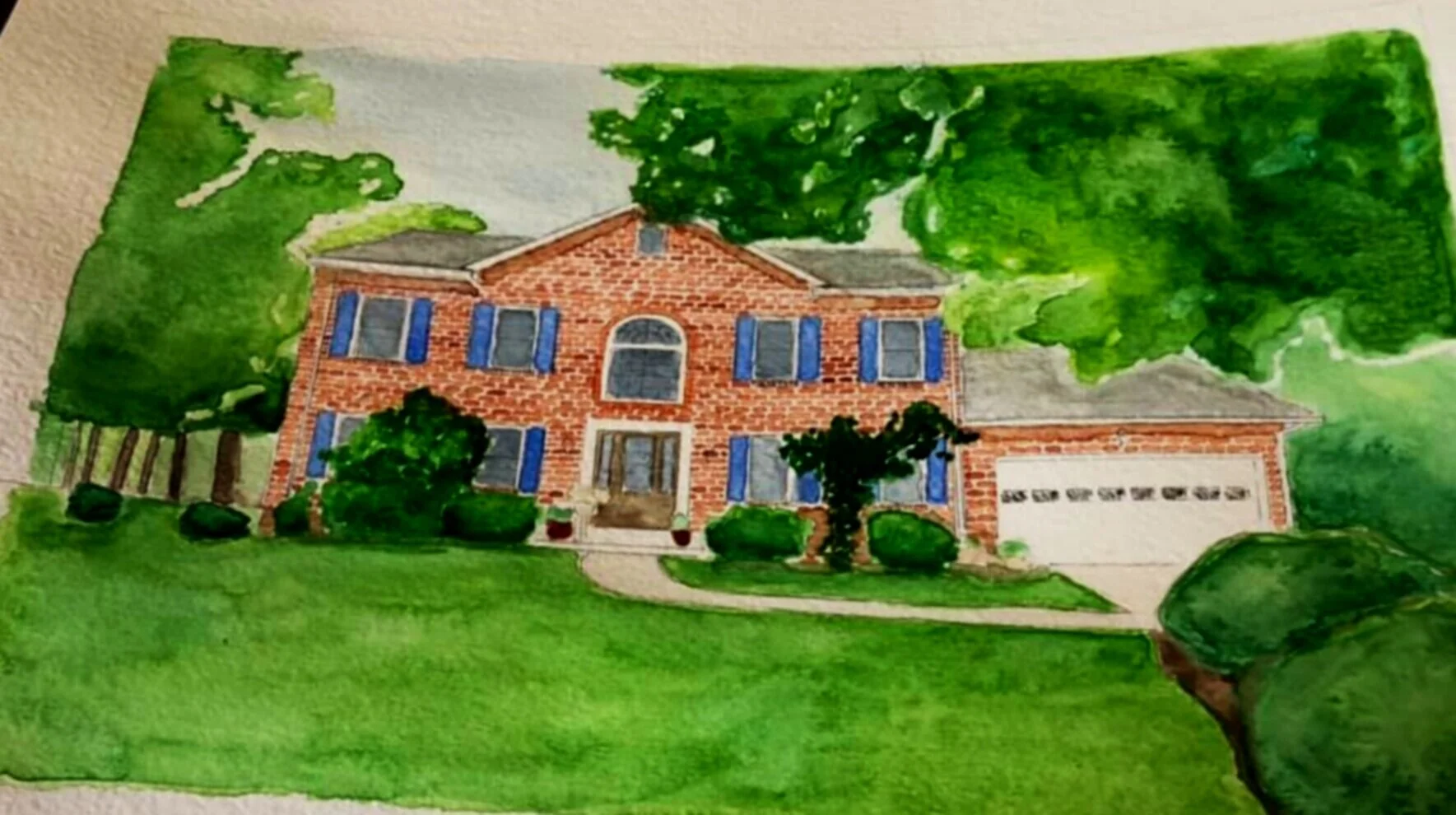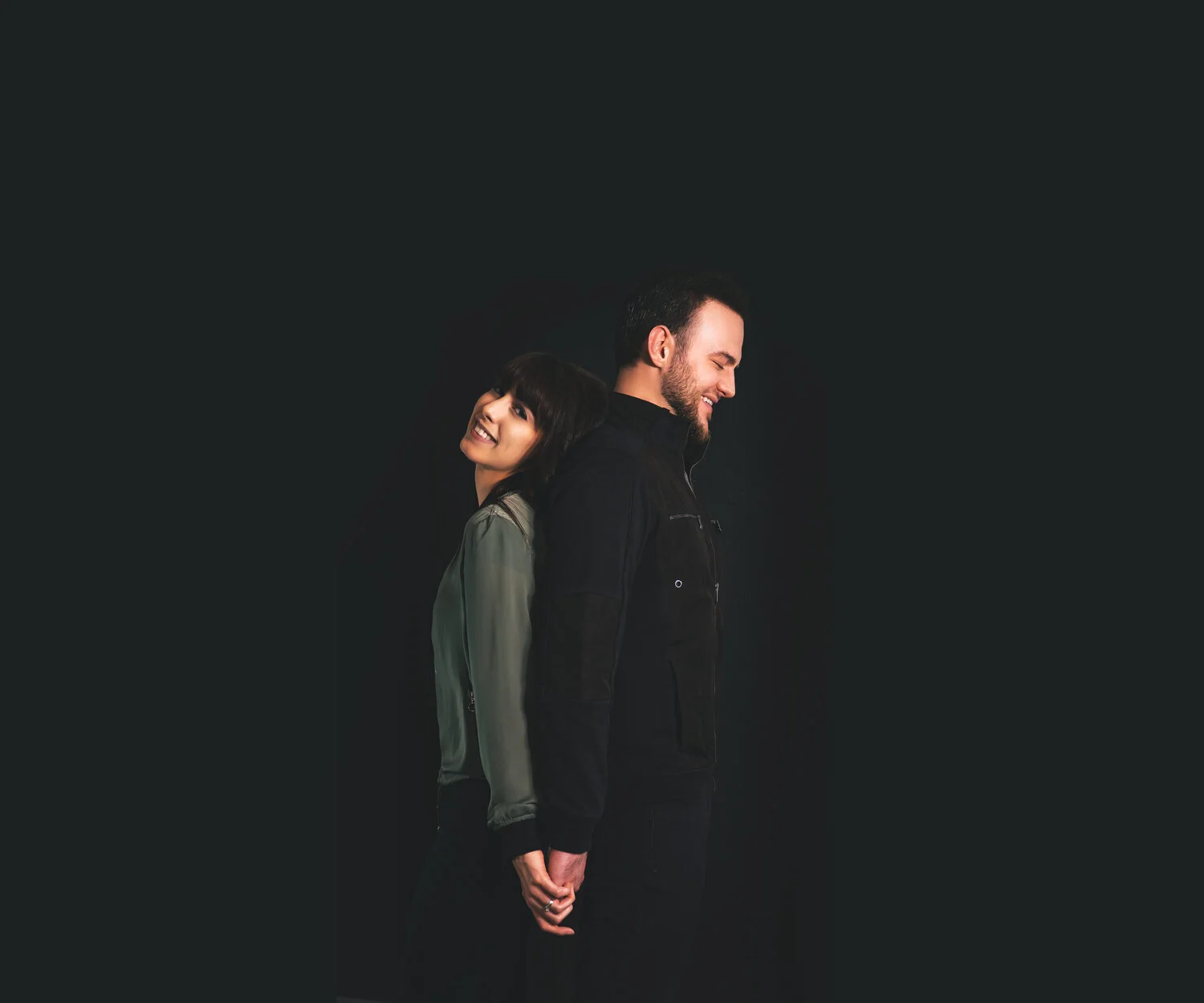I’ll admit that when I saw the words “New Renaissance” the first time I went to the Catholic Creatives website, I thought it was, at best, harmlessly quixotic; at worst, prideful and unattainable.
To me, the word “Renaissance” evokes thoughts of a time long-passed, when society and creators and the Church held similar ideals. Institutions actually valued artists—I’m pretty sure Michelangelo didn’t win a design contest to paint the Sistine Chapel for “exposure.” Everyone moved towards the same goal: beauty and renewal.
I picture musicians and scientists and philosophers attending Mass and having breakthroughs each day. I picture well-dressed commoners spending their time in lofty conversation between shifts of idyllic farm work. I picture city squares where people gather, constantly brimming with new ideas. Not exactly the monotonous-40-hour-work-week-then-Netflix-binge model we have. Not the isolation and echo chambers. And definitely not the political infighting, the struggle for arts funding, the shallow values in media, the never-ending timeline scroll that consumes us.
hmmm.... interesting... another picture of my neighbor playing with his dog... am I missing something?
It seemed silly—even arrogant—to claim we are the harbingers of a New Renaissance when the world looks anything but ripe for renewal.
How would we gain momentum to shift a society and even Church members that are continually opposed to the upward call of beauty and creativity? Don’t get me wrong: I know we’re onto something important here; I just didn’t see it expanding to that same level of historical magnitude, because it seems like there are so many obstacles around and within us.
So when I was tasked with reflecting on Matt Meeks’ talk from the 2017 Summit, “The New Renaissance,” I was somewhat skeptical. He began by pointing to moments in history where renaissances took place (it wasn’t just Italy in the 1500s, btw) and examining the “ingredients” for that level of artistic, intellectual, and cultural renewal to happen.
It made sense on a rational level. Each historical renaissance checked the boxes: systems in need of renewal; a specific space; a new level of societal connectivity; the union of people; fervent prayer and faith. And when he arrived at the New Renaissance that’s supposed to be taking place now, he showed the fertile soil we currently have. We exist in a new space that connects us like never before—the digital sphere—and are in desperate need of both systematic and personal revitalization. If we capitalize on this connectivity and hunger for newness, it could be historic.
But we aren’t seeing a renaissance, at least not yet, because we lack essential ingredients. It’s not because we’re facing newer, tougher obstacles or because we’ve lost our talents as a species or even because technology has rendered us less capable of creativity. It's that we are lacking the union of God’s people.
Yeah, no shit Sherlock, you might be thinking. Of course we need people to be united. That’s like, the whole point of having a “common goal.” And that’s what I was thinking when I neared the end of the talk, until Matt mentioned John 17:21, when Jesus prays “that they may all be one, as you, Father, are in me and I in you.”
That verse has been nagging at me since a silent retreat back in March. I’d always seen unity as a bit “kumbaya.” I thought the word “fellowship” was a cute excuse for a lack of substance; community-building seemed so shallow compared to the moral and theological formation people clearly needed. I definitely wanted to treat others with respect and kindness, but I cared more about getting close to God. I just didn’t see the point of emphasizing relationships beyond what human virtue requires.
But one of Jesus’ last prayers was for unity, and not just a hold-hands-around-a-campfire unity. He prays for Trinitarian unity among us, His disciples. “That they may all be one, as you, Father, are in me and I in you.”
I took John 17 into my Holy Hour on the last day of that silent retreat and could not get over this verse. What are you saying, Jesus?! Why does it matter that we are one with each other? Isn’t our goal oneness with You? And of course, that is the goal—to be one with God. The Lord assured me that the aim of life is to be united to Him in everything, and that He wants to be united to me. Divine love desires union.
But here’s where I think Jesus was heading: divine love desires union, so we participate in and incarnate the love of God when we establish real, dynamic, boundary-destroying union. When we come together while retaining our individuality, we become more and more an image of the Trinity, which is simply and mysteriously a perfect union of distinct persons. That sort of human community leads people to the ultimate community of the Trinity. Just as the Father, Son, and Spirit are one, so too does Jesus want us to remove divisions and become one in order to return to Oneness Itself.
God urged me to lean into this truth during and after that Holy Hour, but it stayed tucked away in my journal, a lovely spiritual moment that I had no idea how to enact in my life—until the verse resurfaced in a talk I had almost written off. I went back to the beginning and listened again, and I realized I’d been doubly wrong in the best way. Renaissance was not far-off, and unity was not shallow. In fact, it has been my own unbelief in both that has prevented this fertile ground for the New Renaissance from being tilled, planted, and harvested abundantly.
I have been fighting for my own success for far too long, not realizing that sowing into real community with fellow creatives would bring the momentum I was looking for all along.
My internalized biases and stereotypes about who others are or should be don’t just prevent me from seeing the image of God in them; I can’t become the image of the Triune God without them. When I mask my fear that I’ll never become the writer I want to be and pretend I have it all together, I take myself further from the union Jesus prayed for. Not honestly addressing my shortcomings (most notably, procrastination and paralyzing self-doubt) or judging others for theirs allows division to enter into my heart: my community won’t see me as I really am, and I won’t see others in their full dignity. I also fall short when I turn away from the Trinity, when I rely on myself to “be productive” instead of relying on God to bear fruit.
The New Renaissance will come out of the community of distinct persons that mirrors the Trinity—each person different and whole, yet united in purpose and love, creating as the Triune Creator does. When I let cynicism destroy my faith in God to initiate renewal, my trust in others, or my own vocation to bring beauty into the world, the renaissance stalls. I am recommitting to authentic relationships, fostered by honesty and the grace to love beyond myself, because I believe it is how we will create what the world desperately needs. Oneness is the upward call and challenge; it is the only way to continue forward.
Blog by Courtney Kiolbassa
Poet, prose painter, crafter of words.





























